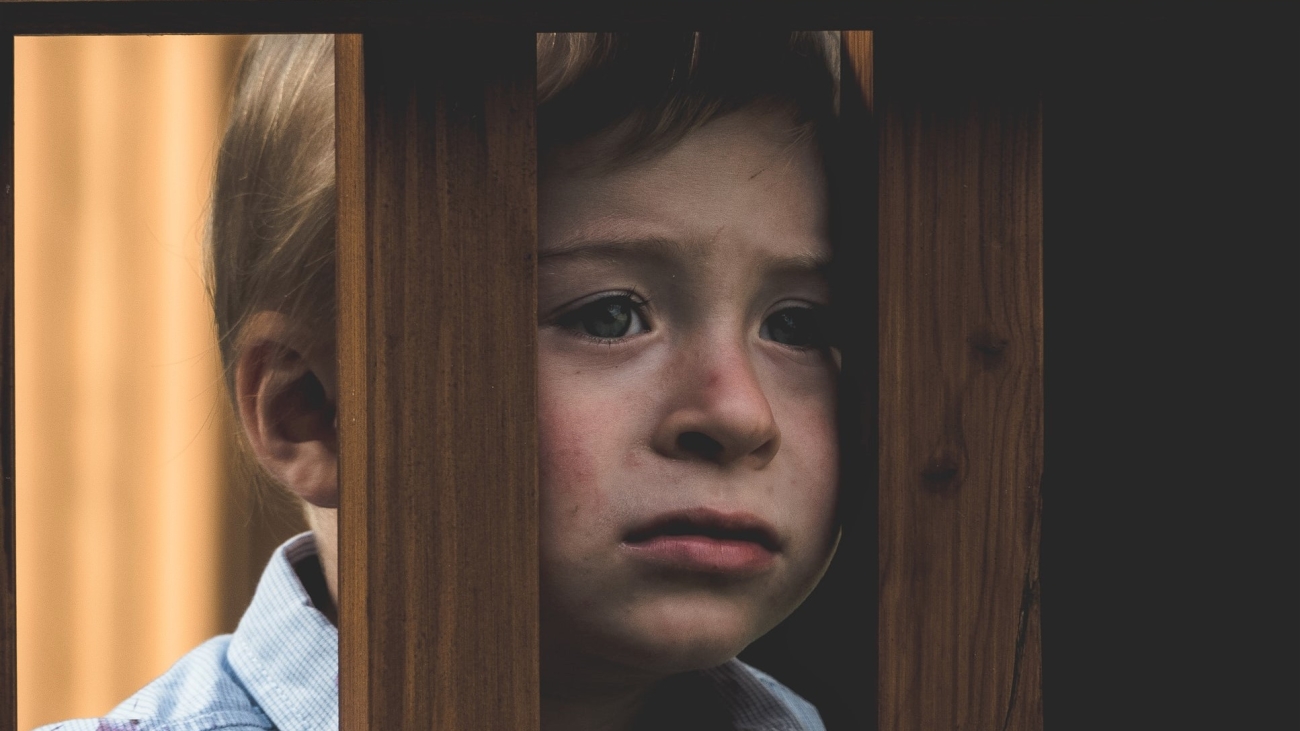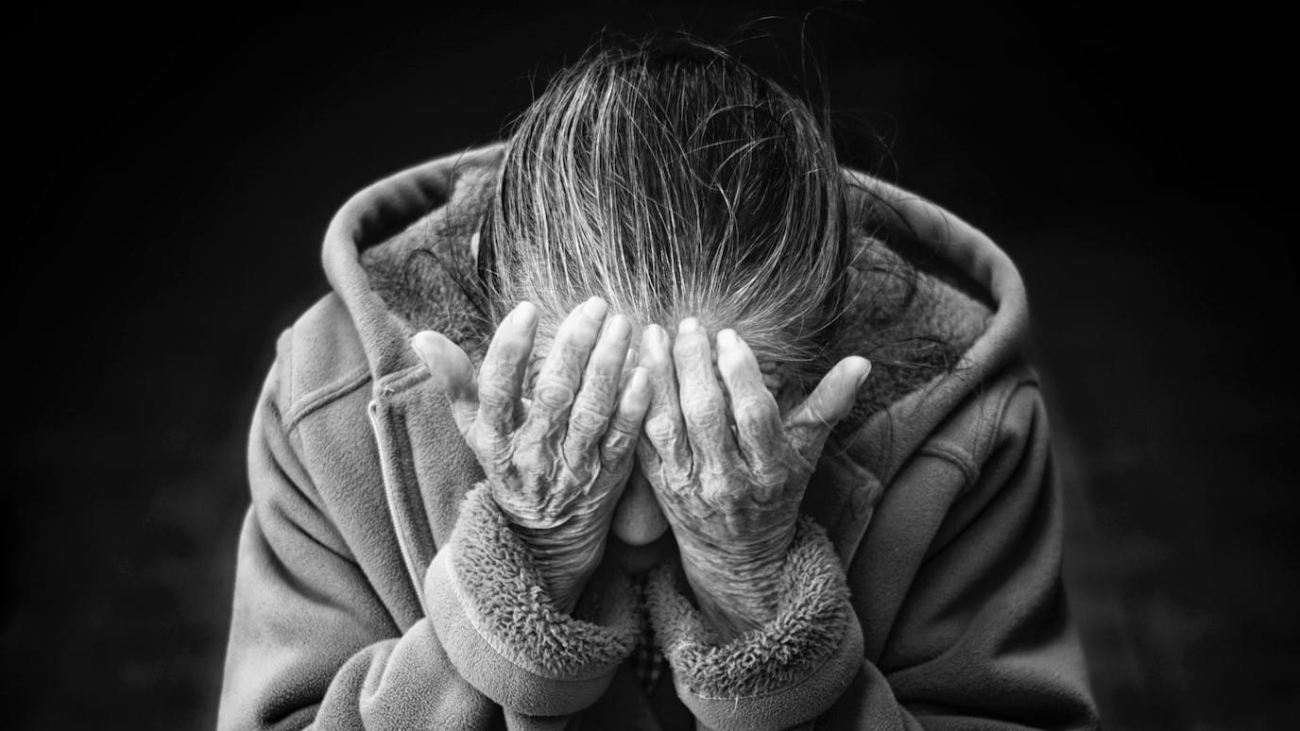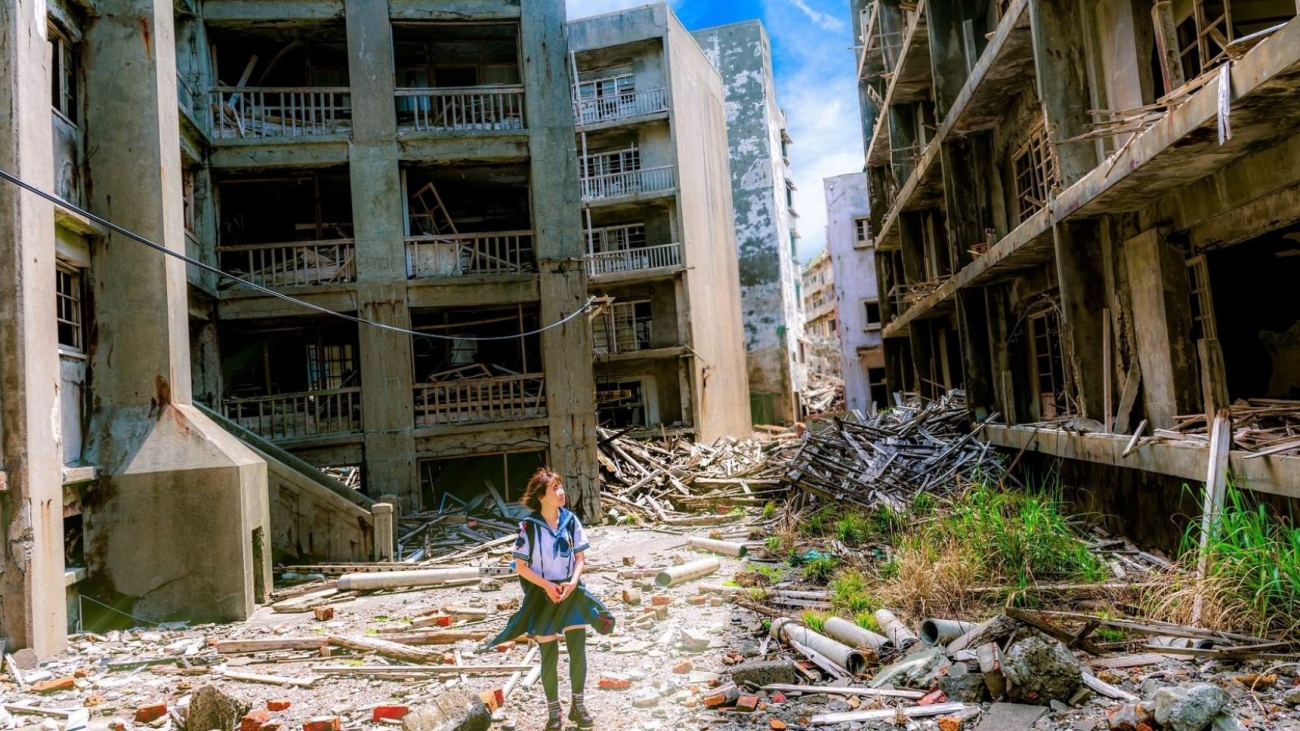Complex post-traumatic stress disorder (CPTSD) is a stress-related disorder which occurs in response to prolonged or repetitive exposures to traumatic events.
Nadia Whittome: Prioritising Mental Health
British MP Nadia Whittome announced that she had been struggling with her mental health and would be taking a leave of absence from work.
PTSD Awareness: Symptoms and More
Post Traumatic Stress Disorder (PTSD) is not just something that the armed forces suffer from. Research suggests that around 8% of us do, following a trauma.
PTSD: Post Traumatic Stress Disorder
June is Post Traumatic Stress Disorder (PTSD) Awareness month. PTSD is an anxiety disorder associated with all kinds of traumatic events and experiences.





